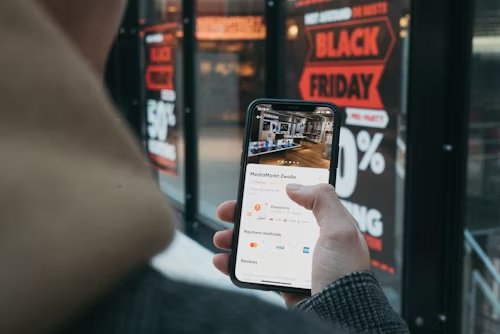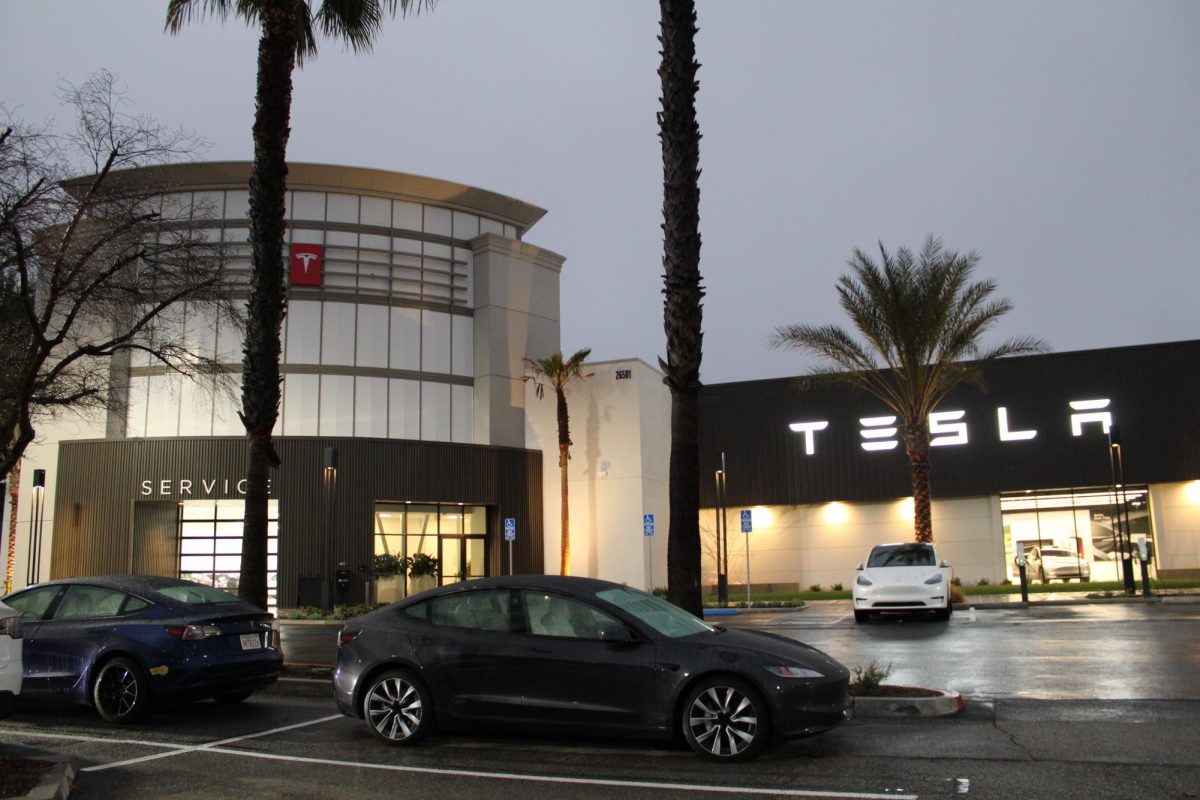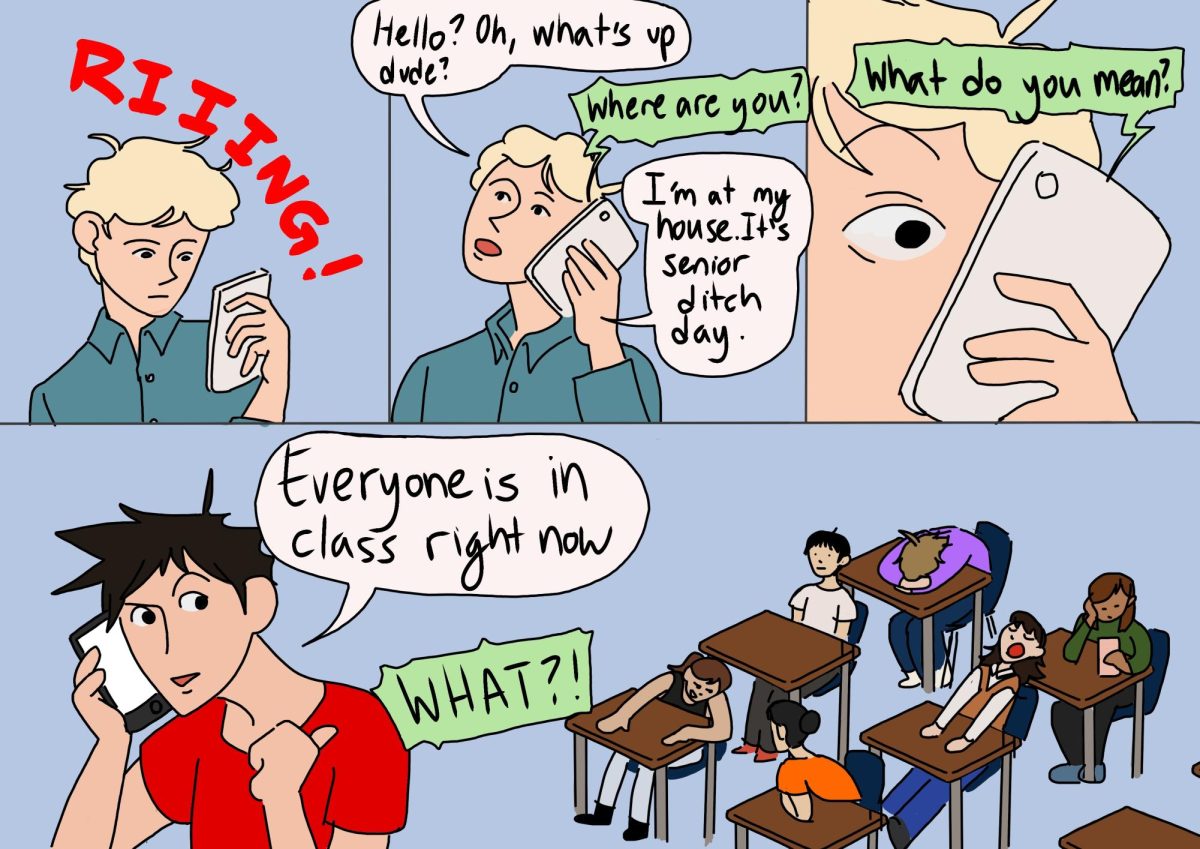On Nov. 29, Black Friday kicked off the holiday shopping season, followed by Cyber Monday on Dec. 2. These events have become synonymous with deep discounts and high consumer demand.
Arguably, Black Friday has marked the unofficial start of the holiday shopping season, with stores offering steep discounts to help lure crowds. Cyber Monday acts as Black Friday’s online counterpart, catering to digital shoppers with exclusive deals. Over time shopping has become more accessible online. Together, they have become cornerstones of retail, generating billions in sales.
However, this frenzy often comes at a cost.
Black Friday, at some points, has been notorious for chaotic store scenes, sometimes resulting in physical altercations. For retailers, the pressure to participate is immense. Some stores slash prices to compete, while consumers are encouraged to spend on items they may not need, feeding into a cycle of overconsumption.
Over time, people have noticed that the sales and discounts offered by retailers during Black Friday are not as low as they used to be. At times, the price barely goes down, causing some shoppers to no longer participate in Black Friday.
With online shopping being more accessible to the average consumer, people often buy online rather than leave the comfort of their homes on Black Friday. This year alone, shoppers spent $10.8 billion mainly through online purchases.
Mikhael Soto (11) states, “The social media posts I see from shops I like such as Hard Jewelry. is why I try to look at further Black Friday sales. I like online shopping more, so I’m more of a Cyber Monday person and you have more availability with more shops online. Back then, Black Friday seemed exaggerated, but it motivated people to go shop but nowadays, the sales don’t go down that much and therefore make people less motivated to shop since their prices don’t go down that much and are still expensive.”
On the other hand, Maria Mishriky (11) says, “I like to go in-person shopping because I like to see the product’s material and try on any clothes before buying it. I usually shop on Black Friday because some stores have good deals on clothes and I like to buy in bulk. I think it depends on the stores because some offer good deals, while others barely offer any; but I do think that the offers are not as great as they used to be and in most cases, the offers require the buyer to buy many products to get a sale.”
Some people also argue that these events act as marketing schemes to profit off the major holidays going on. They believe businesses use festive themes and limited-time offers to drive sales and attract customers. This strategy often capitalizes on the heightened consumer spending typical of the holiday season.
There’s no denying the convenience and excitement these days bring, but the cultural emphasis on deals overshadows more meaningful holiday traditions. Rather than giving in to the rush, shoppers might consider supporting small businesses or prioritizing thoughtful, intentional purchases. Black Friday and Cyber Monday is not what it used to be, so shoppers should be mindful of what they purchase in the future.

















Garfield • Dec 13, 2024 at 7:45 am
Great insight!